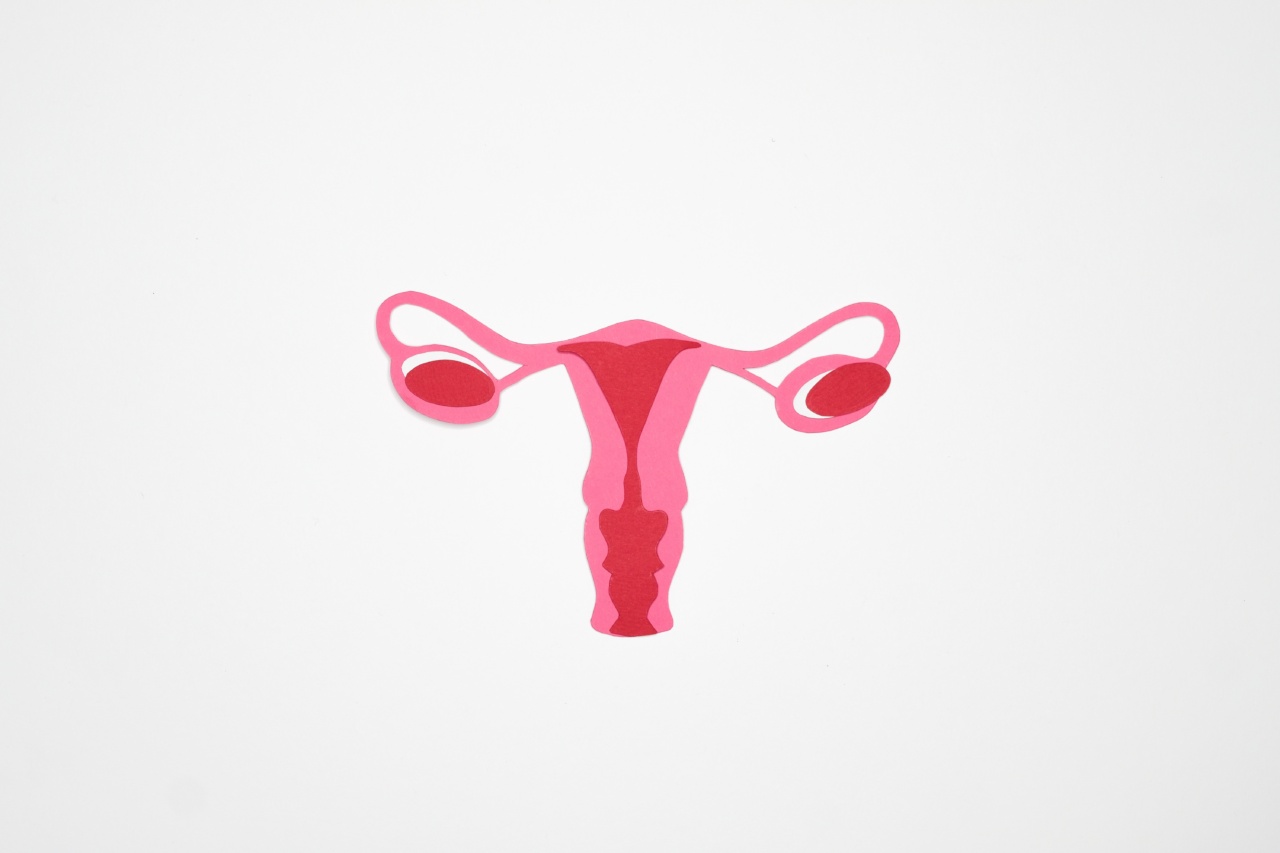What Health Problems Are Linked to Polycystic Ovarian Syndrome?
Polycystic Ovarian Syndrome (PCOS) is a common hormonal disorder affecting women in their reproductive age. It is characterized by imbalanced hormone levels in the body, leading to the growth of small cysts on the ovaries.
PCOS can have various health implications and is often associated with several related health problems.
1. Menstrual Irregularities
One of the primary signs of PCOS is irregular menstrual cycles. Women with PCOS may experience infrequent periods or prolonged gaps between periods. Some may also face heavy or prolonged bleeding during their menstrual cycles.
2. Infertility
PCOS is a leading cause of infertility in women. The hormonal imbalances, along with irregular ovulation or lack of ovulation, can make it difficult for women with PCOS to conceive naturally.
3. Hormonal Imbalances
PCOS disrupts the normal hormonal balance in the body. Women with PCOS often have higher levels of androgen hormones such as testosterone, which can lead to symptoms like acne, excessive hair growth (hirsutism), and male-pattern baldness.
Elevated insulin levels and insulin resistance are also common in PCOS patients.
4. Metabolic Disorders
PCOS is closely associated with metabolic disorders, including insulin resistance, obesity, and an increased risk of developing type 2 diabetes.
Insulin resistance occurs when the body’s cells do not respond properly to insulin, resulting in high blood sugar levels.
5. Cardiovascular Complications
Women with PCOS are at a higher risk of developing cardiovascular diseases. The metabolic abnormalities such as high blood pressure, high cholesterol levels, and obesity associated with PCOS contribute to the increased risk of heart disease.
6. Sleep Apnea
PCOS has been linked to an increased risk of sleep apnea, a sleep disorder characterized by pauses in breathing or shallow breaths during sleep. The hormonal imbalances and obesity associated with PCOS can contribute to the development of sleep apnea.
7. Mental Health Issues
Women with PCOS may have a higher risk of experiencing mental health problems such as depression, anxiety, and eating disorders. The hormonal imbalances and challenges faced with fertility and body image can have a negative impact on mental well-being.
8. Endometrial Cancer
PCOS is associated with an increased risk of developing endometrial cancer. The lack of regular menstrual cycles and prolonged estrogen exposure can lead to abnormal thickening of the uterine lining, increasing the likelihood of cancerous growth.
9. Gestational Diabetes
Women with PCOS have a higher risk of developing gestational diabetes during pregnancy. The hormonal imbalances and insulin resistance contribute to the reduced ability to regulate blood sugar levels during pregnancy.
10. Ovarian Cysts
Although not all women with PCOS develop cysts on their ovaries, the condition is characterized by the presence of multiple small cysts. These cysts can cause discomfort, pelvic pain, and in some cases, may require medical intervention.
Conclusion
Polycystic Ovarian Syndrome is a complex hormonal disorder that goes beyond just the presence of ovarian cysts.
It is associated with various health problems, ranging from menstrual irregularities and infertility to increased risks of metabolic disorders, cardiovascular complications, and even certain cancers. Early diagnosis, appropriate management, and lifestyle modifications can help women with PCOS mitigate these health risks and lead fulfilling lives.





























